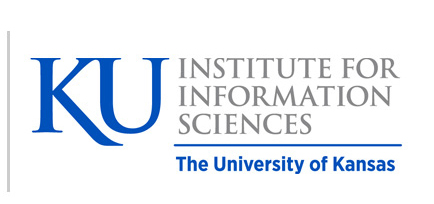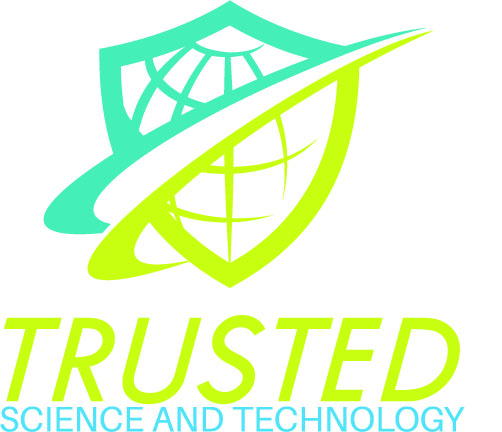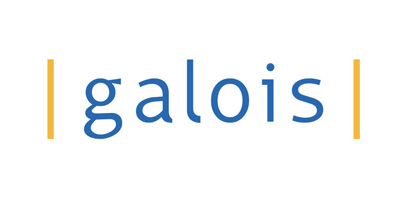P R O G R A M C O - C H A I R S |
||
|
He has led a range of projects at Galois, including work on CN, a unified testing and verification tool for C code; Daedalus, a safe parsing language developed under the DARPA SafeDocs project; c2rust, a transpiler used by several popular Rust crates; and several verified cryptography projects using SAW and Cryptol, including a long-running collaboration with Amazon Web Services on core components of their AWS-LibCrypto library. Mike received his PhD from the University of York, UK, in 2008, under the supervision of Dr. Detlef Plump. He then spent four years as a postdoctoral researcher at the University of Cambridge, working with Dr. Matthew Parkinson and Prof. Peter Sewell. He returned to the University of York as a lecturer (in US terms, an associate professor) from 2012 to 2017, before joining Galois. |
Dr. Neema holds a Doctorate in Electrical Engineering and Computer Science from Vanderbilt University, and a Master’s in Electrical Engineering from Utah State University. He earned a Bachelor of Technology degree in Electrical Engineering from the Indian Institute of Technology, New Delhi, India. |
|
P R O G R A M C O M M I T T E E |
||
|
PERRY ALEXANDER, The University of Kansas |
BRAD MARTIN, Independent |
|
O R G A N I Z A T I O N |
||
|
KATIE DEY, Vanderbilt University |
||
About HCSS
Each year, the High Confidence Software and Systems (HCSS) Conference convenes leading researchers to explore groundbreaking advancements in the design and development of critical systems. The conference focuses on the scientific and technological innovations needed to drive the next generation of life-, safety-, security-, and mission-critical systems. Join us for the 26th annual HCSS Conference, taking place May 11–13, 2026.
The pervasive role of information technology and cyber-physical systems (CPS) in our lives forces us to rely in diverse and often unexpected ways upon the correctness and integrity of those computing systems—with our privacy, safety, security, and well-being all increasingly dependent upon them.
The High Confidence Software and Systems (HCSS) Conference, now in its third decade, was created to support the interchange of ideas among researchers, practitioners, and research managers from Government, research labs, and industry practice. HCSS provides a forum for dialogue centered upon the development of scientific foundations together with innovative and enabling software and hardware technologies for the assured engineering of complex computing systems. These systems, which include networked and cyber-physical systems, must be capable of interacting correctly, safely, and securely with humans and the physical world even while they operate in changing and possibly malicious environments with unforeseen conditions. In many cases, they must be certifiably dependable.
New foundations in science, technology, and advanced practice continue to be needed to build these systems with computing, communication, information, and control pervasively embedded at all levels. These new foundations have the potential to enable entirely new generations of engineering designs that are becoming essential for effectively operating life-, safety-, security-, and mission-critical applications, and that can enhance US competitiveness across economic and industrial sectors, while assuring the privacy, safety, and security of our Nation’s citizenry.
With a technical emphasis on mathematically-based tools and techniques, and scientific foundations supporting evidence creation and systems assurance and security, the HCSS conference pursues the goal of growing a skilled practitioner community through a program of invited speakers, panel discussions, and a relevant and compelling technical track. The conference vision is one of motivating, sustaining, and growing a community focused around the creation of dependable systems that are capable, efficient, and responsive; that can work in dangerous or inaccessible environments; that can support large-scale, distributed coordination; that augment human capabilities; that can advance the mission of national security; and that enhance quality of life, safety, and security.
Questions? Email the organizers at hcss@sos-vo.org
 MIKE DODDS
MIKE DODDS 





